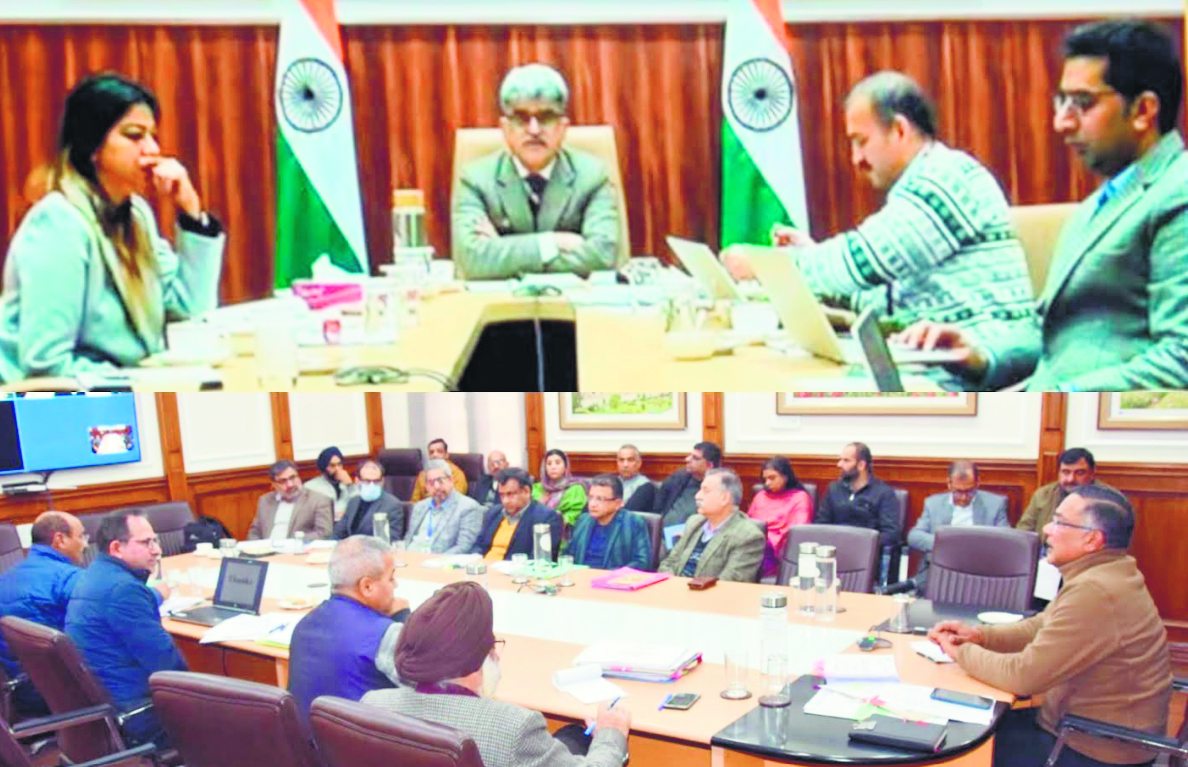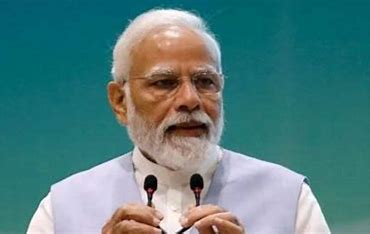
The Chief Secretary, Atal Dulloo, chaired a crucial meeting today to grant approval to the Annual Action Plans (AAP) of several vital Centrally Sponsored Schemes (CSS) aimed at fostering the development of the Agriculture and Horticulture sectors across the Union Territory.
Attended by Principal Secretary, APD, Principal Secretary, Finance, and top officials including the MD of HADP, Secretary of RDD, DG Codes, DG Resources, and Heads of Agriculture Department, who also serve as the Mission Directors of these schemes, the meetings focused on evaluating and endorsing the proposed plans.
Emphasizing the significance of these schemes in boosting crop productivity and quality, Chief Secretary Dulloo underscored the importance of timely interventions to meet set objectives efficiently. He stressed the need for robust monitoring and evaluation mechanisms to swiftly address any bottlenecks that may arise during implementation.
Dulloo urged for seamless inter-departmental coordination to ensure smooth execution of these schemes, directing officials to simplify procedures and make scheme benefits easily accessible to beneficiaries. He highlighted the necessity of aligning schemes with the best interests of farmers and promptly incorporating any required amendments to streamline processes.
Principal Secretary, APD, Shailendra Kumar, outlined the monitoring mechanisms established by the department to track progress and achieve targets within stipulated timeframes. He also shared insights into measures undertaken to address applicant concerns and improve overall scheme implementation.
The respective Mission Directors presented performance updates for the current financial year and unveiled the AAP for 2024-25. Under the Rashtriya Krishi Vikas Yojana (RKVY) CSS alone, funds totaling Rs 13.21 Cr were released for various projects, including initiatives like Agriculture Mechanization, Soil Health Fertility, and Rainfed Area Development. For the upcoming financial year, an AAP amounting to Rs 63.03 Cr has been proposed under RKVY, encompassing allocations for Agriculture Mechanization, Soil Health Fertility, Rainfed Area Development, and other sub-projects.
These initiatives aim to significantly enhance vegetable production, seed distribution, irrigation facilities, and employment opportunities for farmers, among other benefits. Discussions also centered on the Saffron Mission, Bamboo Mission, Krishannoti Yojana, ATMA, and the Mission for Integrative Development of Horticulture (MIDH), with projections and plans outlined for the coming year. Key initiatives such as increasing saffron production, establishing Centres of Excellence in Horticulture with Dutch collaboration, and assessing the impact of schemes like HADP on farmers were deliberated upon, underscoring the UT administration’s commitment to agricultural and horticultural development in Jammu and Kashmir.















